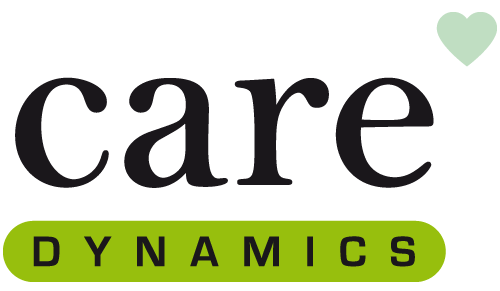Health and Safety
Conditions of Employment for Health Workers.
Infection Control
Infection control is an issue of health and safety. It comes within the remit of the Health and Safety at Work Act 1974, Control of Substances Hazardous to Health Regulations 2002 and Personal Protective Equipment at Work Regulations 1992.Universal Precautions
The term Universal Precautions means undertaking routine safe working practices to protect you and your clients from infection by blood and body fluids. Hepatitis B, HIV and many other diseases can be transmitted by infected blood and bodily fluids. All Members who come into contact with clients’ blood/bodily fluids may be exposed to blood borne viral infections such as HIV or Hepatitis. It is not always possible to identify people who carry HIV or Hepatitis B, therefore precautions to prevent the spread of infection must be followed at all times when care is provided to individuals. The most likely means of transmission of these viruses to Members is by inoculation of infected blood by sharps injury or by blood splashing onto broken skin.Sharps / Splash Injury
If you sustain a sharps or splash injury you must immediately:- Encourage bleeding from the wound (sharps injury)
- The wound should be washed with warm running water and covered
- Skin, eyes or mouth should be washed with plenty of water
- The incident must be reported to the person in charge and an accident form is to be completed
- Hospitals and Nursing Homes will have a local policy to follow which you should be familiar with
- If your place of work does not have a local policy you should see your GP as soon as possible.
Precautions
You should, as a matter of good practise, routinely wear gloves and aprons when dealing with any foul linen, open wounds or bodily waste (urine, faeces and vomit). Any spillages of blood and bodily fluids must be cleaned up immediately according to local policy. Gloves and aprons should be disposed of between each procedure and hands washed thoroughly. Gloves and aprons are available from the establishment where you work or your Manager.Hand Washing
Basic hygiene practices should be followed at all times, including thorough hand washing, whenever necessary. Hand washing is considered the single most important measure in infection control. Hands should be washed:- At the beginning and end each of each span of duty
- Prior to serving meals and drinks
- After general patient contact
- When handling potentially contaminated articles even when gloves are worn
- After removing articles of protective clothing
- Before and after aseptic techniques or invasive procedures
- After touching or blowing the nose
- After using the toilet
Disposal of Clinical Waste
Disposal of clinical waste is governed by the Environmental Protection Act 1990 and influences both local and national practice. You must ensure that waste is disposed of correctly:- Black plastic bags – normal household waste
- Yellow plastic bags – clinical waste
- Brown cardboard boxes – aerosols and glassware
- Red plastic bags – foul and infected linen
- Clear plastic bags – non infected linen
Call 01202 759965
Our experienced Consultants offer a friendly and helpful service.
